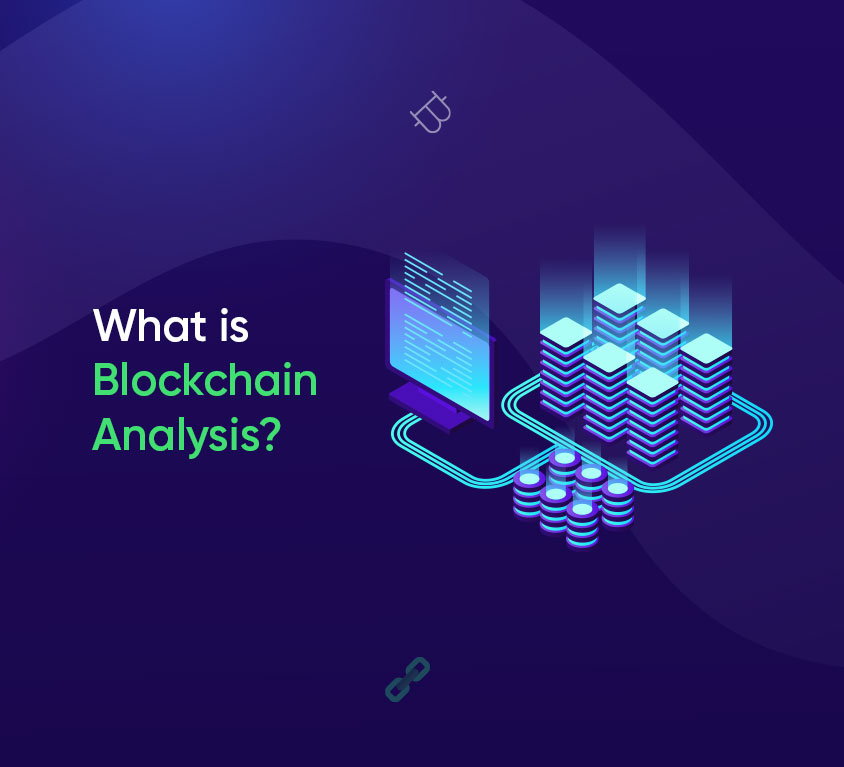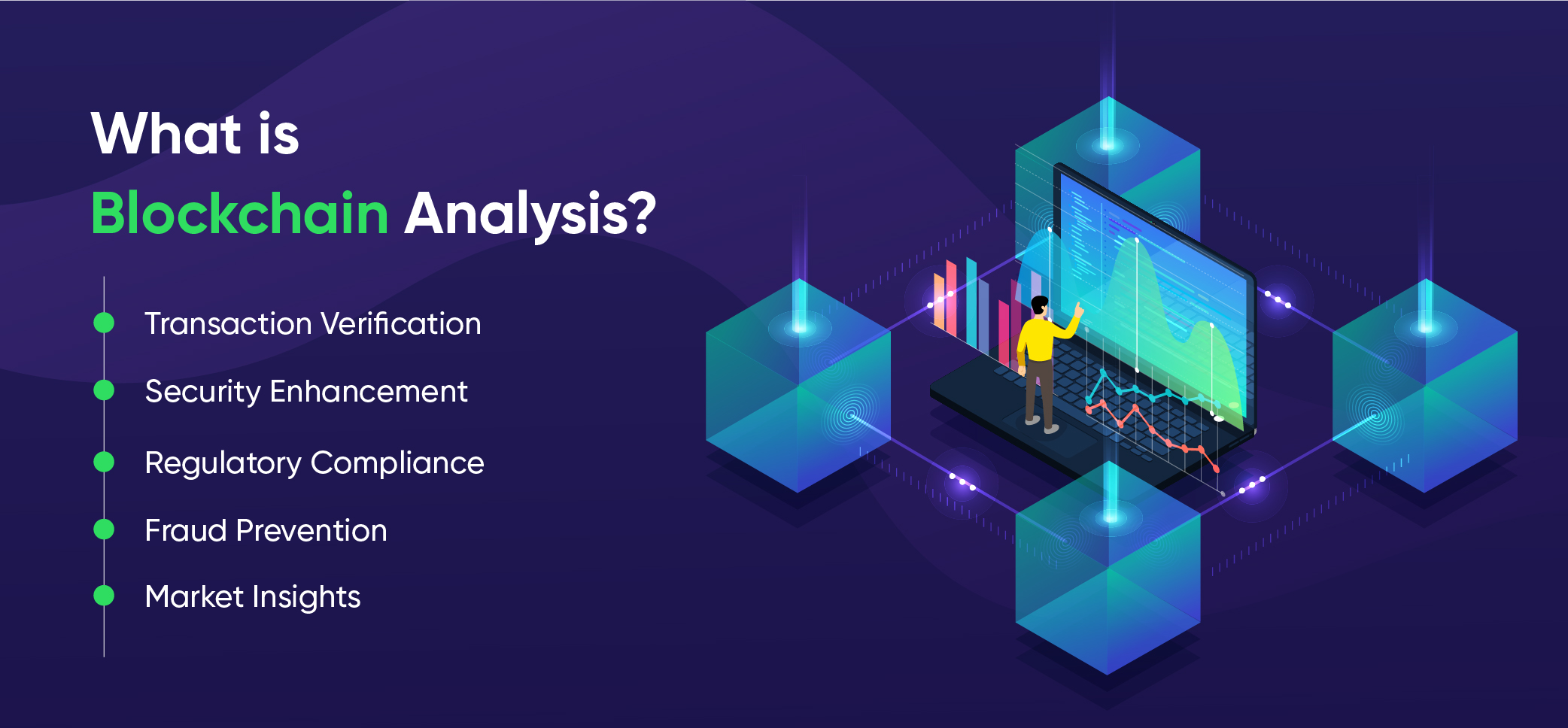
Introduction
Web3 & Blockchain Consultancy :
What is Blockchain Analysis? A Brief Introduction
In the ever-evolving landscape of technology, blockchain has emerged as a groundbreaking innovation with the potential to revolutionize industries across the globe. Its decentralized and secure nature has found applications in finance, supply chain management, healthcare, and more. However, with the growth of cryptocurrencies and their integration into various sectors, the need for understanding and regulating blockchain activities has become paramount. This is where blockchain analysis comes into play.Understanding Blockchain at a Glance
Before delving into blockchain analysis, it’s essential to grasp the basics of blockchain technology. At its core, a blockchain is a distributed and immutable digital ledger that records transactions across a network of computers. These transactions are grouped into blocks and linked together in a chronological chain. What makes blockchain unique is its decentralized nature, ensuring transparency, security, and tamper resistance.What is Blockchain Technology?
Blockchain technology is a groundbreaking concept revolutionizing data management and security. It’s a decentralized and transparent digital ledger that records transactions across a network of computers. Moreover, blockchain development services are the cornerstone of turning innovative ideas into tangible solutions. These services encompass designing, building, and deploying blockchain-based applications. The blockchain revolution signifies a paradigm shift in how industries operate. It transcends financial transactions, disrupting traditional models by introducing trustless, transparent, and secure processes.What is Blockchain Analytics?
Analytics blockchain is the process of examining, locating, and “clustering” data on the blockchain, an openly available distributed ledger that uses cryptography. Blockchain analyst models visually portray data to help users find important information about users and transactions. These steps are taken to stop unlawful activities like fraud and money laundering. Private companies that “scrape” publicly available blockchain data carry out blockchain analytics.What is Blockchain Data Analytics?
Blockchain data analytics is a rapidly evolving subject with the goal of gleaning insightful information from the massive amounts of data held within blockchain networks. Analysts decipher complex transaction patterns, follow money flows, and pinpoint important participants in the blockchain ecosystem by using a variety of tools and methodologies. Addressing issues with data veracity, scalability, and privacy concerns are all part of this process.What is Crypto Wallet Analytics?
Crypto wallet analytics involves dissecting and interpreting data from cryptocurrency wallets, revealing crucial insights into the movement and utilization of digital assets. By analyzing wallet addresses, transaction histories, and behavioral patterns, analysts gain a comprehensive understanding of user activity within blockchain networks.What is Blockchain Analysis?
Blockchain analysis refers to the process of scrutinizing and interpreting data on a blockchain. It involves examining transactions, addresses, and patterns within the blockchain to gain insights and extract valuable information. This analysis is crucial for various reasons, including: